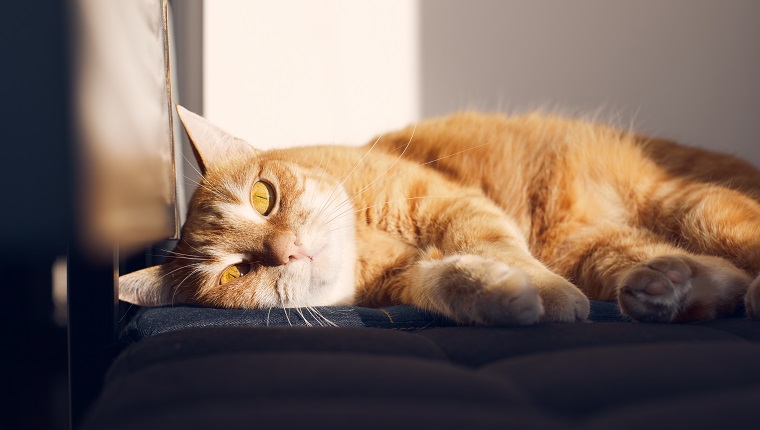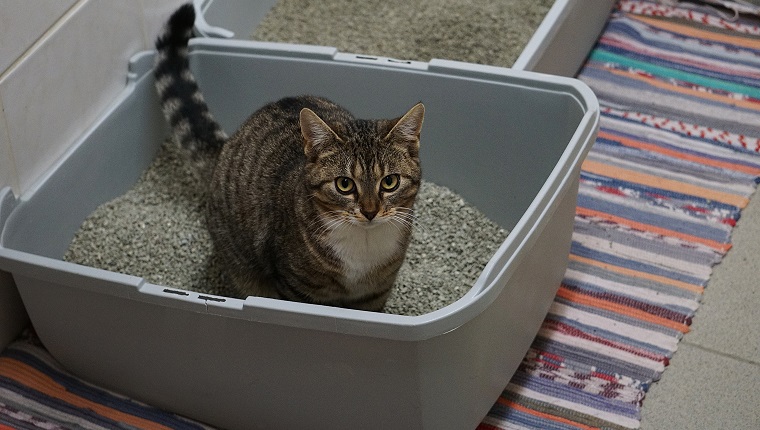Clostridial enterotoxicosis in cats is a medical condition that can bring on a bout of diarrhea and other intestinal problems. It’s caused by a bacteria known as Clostridium perfringens. Cats can contract it from raw meat, rotting vegetation, and even other cats in communal situations like shelters.
Thankfully, cats develop antibodies against the disease, so in many cases, it can clear up on its own; although, it’s also estimated that as many as one fifth of all feline diarrhea cases are related to the bacteria in question.
If you see signs that your cat might be suffering from diarrhea or other intestinal issues, then you must consult your veterinarian for a proper diagnosis and advice. Here’s what you should know about the symptoms, causes, and treatments of clostridial enterotoxicosis in cats.
Symptoms Of Clostridial Enterotoxicosis In Cats
Clostridial enterotoxicosis in cats can bring on a number of symptoms. Some of the most common symptoms include:
- Diarrhea
- Abdominal pain
- Difficulty defecating
- Flatulence
- Straining a lot when trying to defecate
- Diarrhea with blood present in it
- Very watery stools
- Vomiting
Causes Of Clostridial Enterotoxicosis In Cats

The cause of clostridial enterotoxicosis in cats is a bacteria called Clostridium perfringens. Some of the ways that a cat might come into contact with the bacteria include:
- Eating raw meat
- Very high pH levels in the intestine
- Eating rotting vegetation
- Stress
- From infected cats in close proximity, such as in a shelter
Veterinary Treatments
If you suspect that your cat is suffering from clostridial enterotoxicosis, then your veterinarian will want to carry out a full physical examination. They’ll conduct comprehensive blood tests, as well as urine and fecal tests.
Additionally, your vet will want to ask about any recent events or circumstances where your kitty might have come into contact with the bacteria that can cause the condition, such as being in a shelter or hospital or having access to spoiled meat.
When it comes to treatment, cats can sometimes need fluid therapy if they’re especially dehydrated. In general though, vets can use a course of oral antibiotics to treat the condition.
As always, if your vet prescribes your cat any medicine, then it is vital that you stick to the precise dosage and frequency instructions along with completing the full course of treatment.
While your cat recovers, it can also be helpful to switch to a higher fiber diet and to consider adding some probiotic supplements to mealtimes. Your vet can help advise on a precise dietary plan for your kitty.
Has your cat ever suffered from clostridial enterotoxicosis? What kinds of symptoms did you see? Tell us all about it in the comments below.




